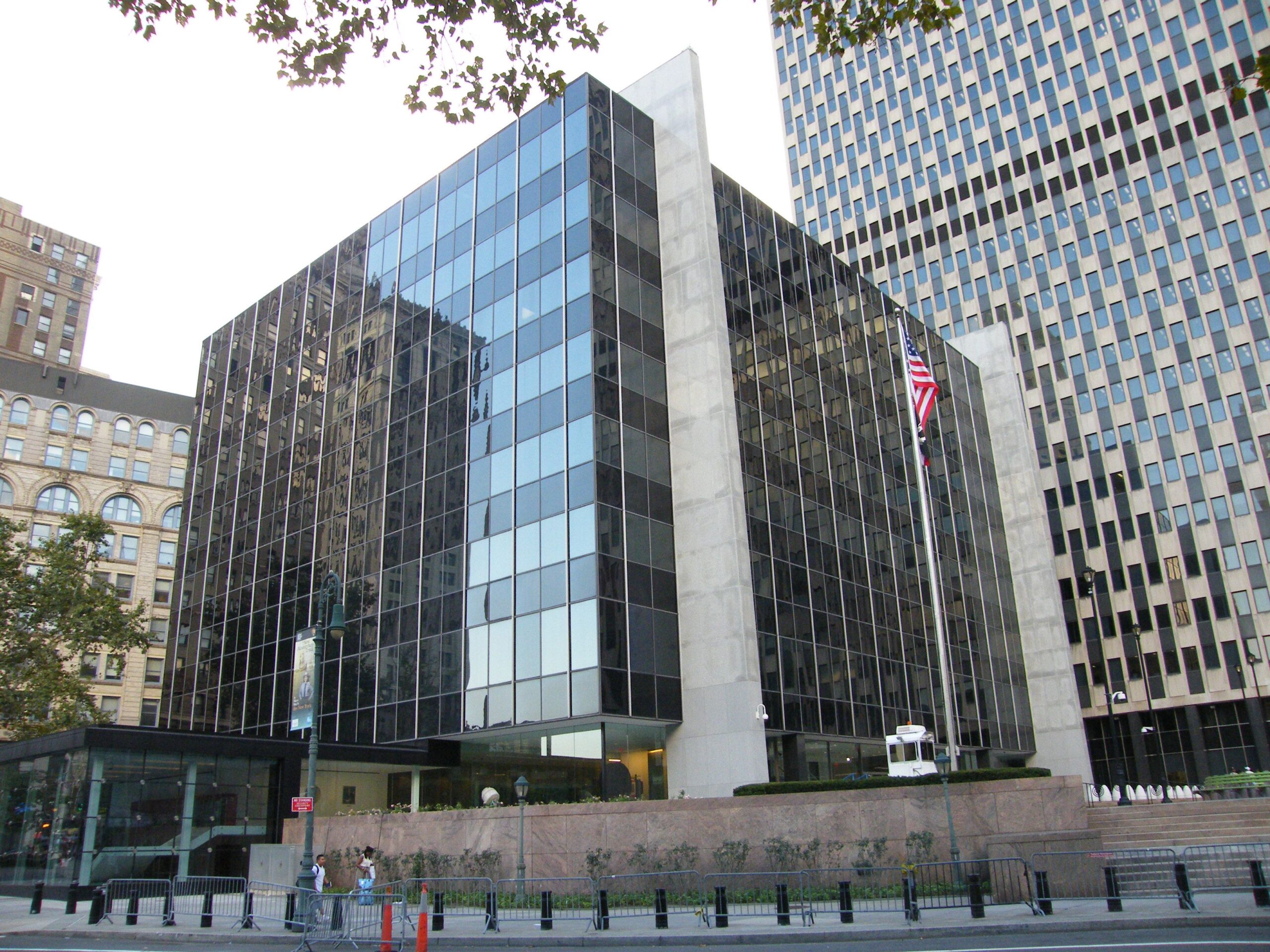
A federal court on Wednesday blocked several of President Donald Trump’s expansive tariff executive orders, ruling that the president exceeded his emergency powers in imposing them.
The United States Court of International Trade issued an injunction against four executive orders that declared national emergencies to enforce tariffs on Canada, China, and Mexico, as well as a 10% global tariff plus additional retaliatory tariffs. The court ordered the government to halt all actions related to these tariff orders and to issue official administrative notices within 10 days.
Lawyers for the Trump administration swiftly appealed the decision to the U.S. Court of Appeals for the Federal Circuit in Washington, D.C., with 14 days to submit further supporting documents.
Legal Challenges Arise From Businesses and States
The injunction followed legal challenges by several small businesses and multiple states, who argued that using the International Emergency Economic Powers Act (IEEPA) to impose tariffs exceeded presidential authority. The court agreed with the plaintiffs, concluding that the tariff orders exceeded the president’s granted powers.
“The Worldwide and Retaliatory Tariff Orders exceed any authority granted to the President by IEEPA to regulate importation by means of tariffs,” the court stated. “The Trafficking Tariffs fail because they do not deal with the threats set forth in those orders.”
The administration must clarify which tariffs remain in effect unless the appeal suspends the injunction. Tariffs imposed under other authorities such as Section 232 of the Trade Expansion Act (covering automobiles, steel, aluminum) and Section 301 remain intact.
Trump also used IEEPA to eliminate the “de minimis” exemption for imports from China and Hong Kong, which allowed low-value shipments to enter the US without tariffs. The White House plans to expand this to other countries but now faces legal uncertainty after the injunction.
Historical Context and Legal Ambiguity
Presidential use of emergency powers to impose tariffs is not unprecedented. In 1971, President Richard Nixon imposed a global 10% tariff citing national economic emergency. However, the current statute—IEEPA—under which Trump acted has never been tested for tariffs of this nature.
“Whether ‘regulate’ includes the power to impose tariffs, and the extent of such authority, remain open questions as no president has used IEEPA to impose tariffs before,” said Christopher A. Casey, a Congressional Research Service analyst.
Several Trump administration officials condemned the court’s ruling. Deputy Chief of Staff Stephen Miller called the decision a “judicial coup” on X (formerly Twitter). White House spokesperson Kush Desai added that “it is not for unelected judges to decide how to properly address a national emergency.”
What The Author Thinks
This ruling highlights the importance of judicial oversight in maintaining the constitutional balance of powers. While tariffs are an important tool of trade policy, circumventing Congress by invoking emergency powers risks unchecked executive overreach. The courts are right to scrutinize such broad claims, ensuring that emergency powers are not used to impose sweeping economic measures without proper legislative backing.
Featured image credit: Wikimedia Commons
For more stories like it, click the +Follow button at the top of this page to follow us.
